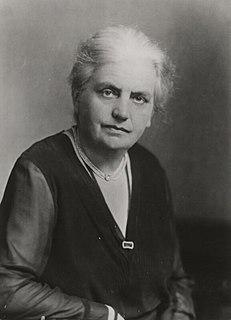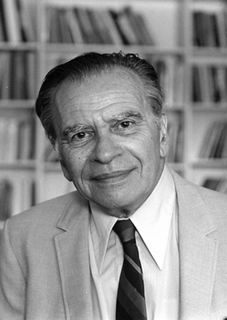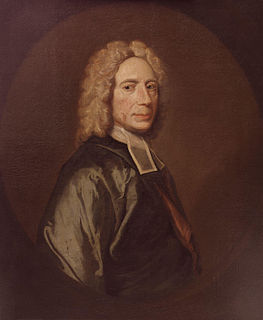A Quote by Jurgen Habermas
As medium for reaching understanding, speech acts serve: a) to establish and renew interpersonal relations, whereby the speaker takes up a relation to something in the world of legitimate social orders; b) to represent states and events, whereby the speaker takes up a relation to something in the world of existing states of affairs; c) to manifest experiences that is, to represent oneself- whereby the speaker takes up a relation to something in the subjective world to which he has privileged access.
Related Quotes
Paul Ryan is speaker of the house and that - that is up to members of the caucus. Donald Trump is not running for a congressman from Manhattan where he would actually vote on the speaker. But I appreciate the good wishes that we're actually going to be the next president of the United States and that we'll have to work with the speaker.
There is nothing to be known about anything except an initially large, and forever expandable, web of relations to other things. Everything that can serve as a term of relation can be dissolved into another set of relations, and so on for ever. There are, so to speak, relations all the way down, all the way up, and all the way out in every direction: you never reach something which is not just one more nexus of relations.
But myth is something else than an explanation of the world, of history, and of destiny. Myth expresses in terms of the world - that is, of the other world or the second world - the understanding that man has of himself in relation to the foundation and the limit of his existence. Hence to demythologize is to interpret myth, that is, to relate the objective representations of the myth to the self-understanding which is both shown and concealed in it.
I doubt whether there is any subject in the world of equal importance that has received so little serious and articulate consideration as the economic status of the family - of its members in relation to each other and of the whole unit in relation to the other units of which the community is made up.
Semantics is about the relation of words to thoughts, but it also about the relation of words to other human concerns. Semantics is about the relation of words to reality - the way that speakers commit themselves to a shared understanding of the truth, and the way their thoughts are anchored to things and situations in the world.
The world's most 'primitive' people have few possessions, but they are not poor. Poverty is not a certain small amount of goods, nor is it just a relation between means and ends; above all it is a relation between people. Poverty is a social status. As such it is the invention of civilization. It has grown with civilization, at once as an invidious distinction between classes and more importantly as a tributary relation.
I know that in a poem, even when the speaker is speaking from the poet's experience, there's always something that's borrowed, some authority that sits outside of the poet that the poem has claimed. There's a dramatic pitch that makes the speaker capable of saying something more courageous or stranger or simply other than what the poet would be able to say.
It takes skill to bring something you've imagined into the world: to use words to create believable lives, to select the colors and textures of paint to represent a haystack at sunset, to combine ingredients to make a flavorful dish. No one is born with that skill. It is developed through exercise, through repitition, through a blend of learning and reflection that's both painstaking and rewarding. And it takes time. . . . If art is the bridge between what you see in your mind and what the world sees, then skill is how you build that bridge.
Motion is always a relative thing. I move in relation to something else. Any particle in this universe can change in relation to any other particle; but take the whole universe as one, and in relation to what can it move? There is nothing besides it. So this infinite Unit is unchangeable, immovable, absolute, and this is the Real Man.







































